Debts are an unfortunate reality of any business undertaking. They are a cornerstone of rapid growth, business stabilization, and financial security if managed correctly. Unfortunately, seeking loans and finance options is often a piecemeal game. It’s common for the average business owner to have a number of debts owed to a number of creditors.
Multiple Debts Are an Unnecessary Headache
Sourcing finance options from several different lenders is a clever option for a growing business. A savvy business owner has a keen eye for a lower interest rate or cost-saving deal.
However, managing repayments to all these different brokers can be extraordinarily time consuming. More to the point, it exponentially increases your chance of missing a payment or irritating a creditor accidentally. It also makes negotiating re-payment, should you run into financial difficulties, more difficult for each creditor you need to approach.
It doesn’t have to be this way. Debt consolidation is a useful operation for any successful business owner and allows astute directors the opportunity to seek multiple finance options without any of the headaches.
What Is a Debt Consolidation Loan and Its Benefits?
In short, debt consolidation is the process of seeking a loan with which to pay off all (or many) of your other debts. This makes managing your finance less complex, cuts costs on fees and charges, and makes negotiations far simpler. This under-utilized tool can be an extraordinary boon for any business:
- Fewer repayments mean fewer interest rates, fewer fees and fewer charges. You’re already saving money.
- Larger loans tend to provide access to more features, like fixed interest rates.
- Fewer creditors mean that negotiating terms is far easier. Interfacing with creditors regularly to ensure their satisfaction and maximize your benefit is key to getting the most out of a finance option. Consolidation makes this process far easier.
Reasons not to consolidate
While debt consolidation is a great tool for any business owner, there are some instances in which the risks outweigh the benefits:
- Are debt consolidation easy to get? Entering into a new finance option often requires upfront costs. You need to be able to bridge this gap. More broadly, you need to make sure you’re not just going to run up more charges with other lenders, or if so, that you’ll be able to manage those other debts concurrently.
- Security! What are you going to secure your loan against? Often, large loans require you to secure it against some asset. Be sure you choose something related to the business and ideally something non-essential in case things go sour. If you’re considering securing it personally, then you need to be willing to have a creditor come after your personal assets if you can’t make the payments.
Can I Get a Debt Consolidation Loan With Bad Credit?
Of course, you can get a debt consolidation loan with bad credit, but it may be more difficult and expensive than if you had good credit.
Lenders will be more cautious about lending money to borrowers with bad credit, so they may charge higher interest rates and fees. You may also need to have a cosigner or collateral in order to be approved for a loan.
Are Debt Consolidation Loans a Good Idea?
In summary, debt consolidation can be a fantastic tool for a growing business to better manage the unavoidable debts arising from business ownership.
By laying out a clear plan and being aware of the risks and opportunities, you could save a great deal of hassle into the future.







